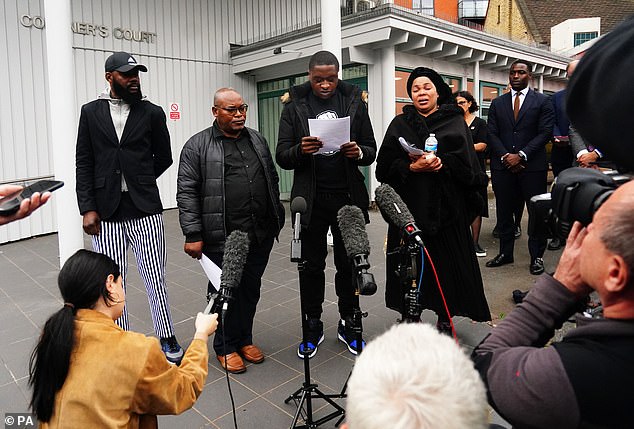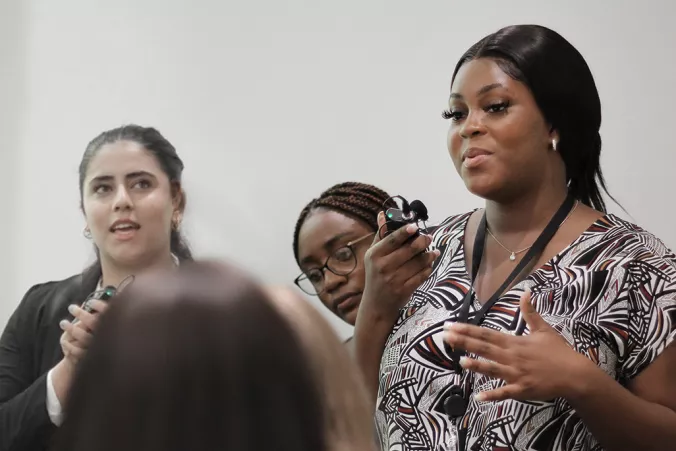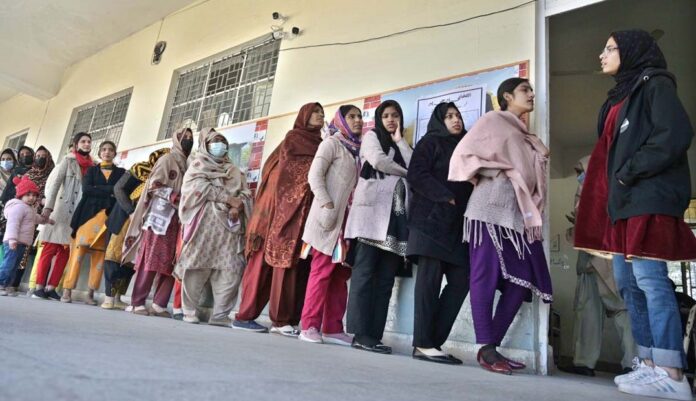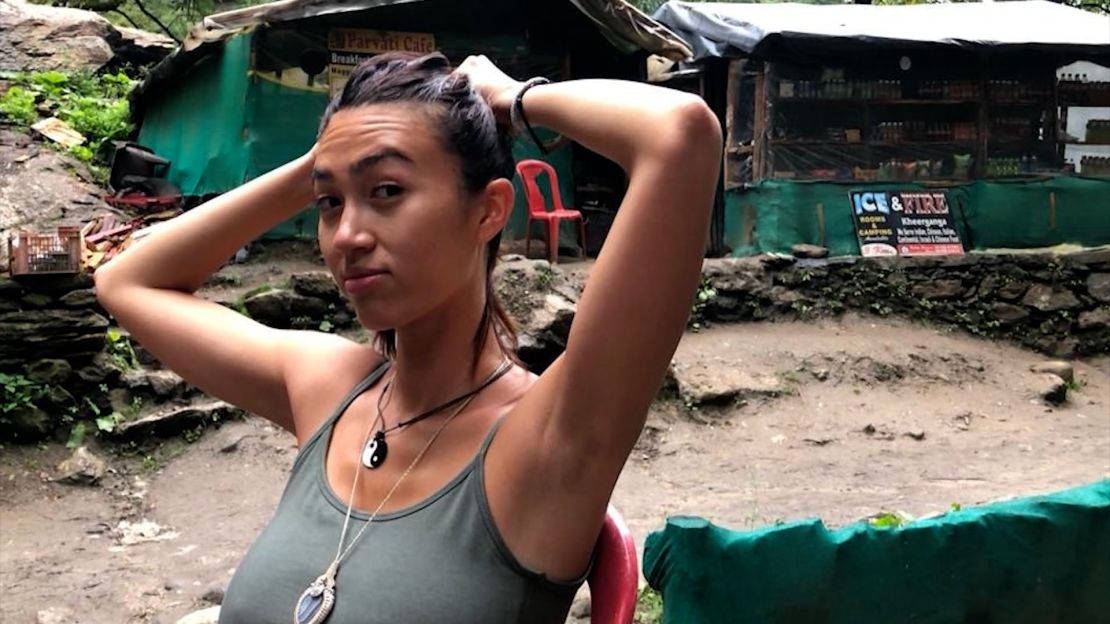Panorama's Chris Kaba Episode: Police Watchdog Seeks Ofcom Investigation

Table of Contents
The IOPC's Concerns Regarding the Panorama Episode
The IOPC, responsible for overseeing police conduct in England and Wales, expressed serious concerns about the BBC Panorama program's portrayal of the events surrounding Chris Kaba's death in Streatham Hill. Their concerns center around potential biases and inaccuracies that could undermine public trust in both the investigation and the BBC's journalistic integrity. Keywords: IOPC concerns, Panorama impartiality, Ofcom complaint, media bias, police accountability.
-
Specific Concerns: The IOPC hasn't publicly detailed all its concerns, but its call for an Ofcom investigation suggests significant issues with the program's balance and fairness. This likely includes concerns about the selection and presentation of evidence, witness testimonies, and potentially, the overall narrative constructed by the documentary.
-
Necessity of an Ofcom Investigation: The IOPC believes an independent Ofcom investigation is crucial to ensure fairness and accuracy in reporting such a sensitive case. The potential impact on public trust necessitates a thorough examination of the program's adherence to broadcasting standards. An Ofcom investigation can provide an independent assessment, separate from the BBC's internal processes.
-
Impact on the BBC's Reputation: The IOPC's request casts a shadow over the BBC's reputation, particularly its commitment to impartial reporting. A finding of bias by Ofcom could seriously damage public confidence in the BBC's investigative journalism. This is especially important given the sensitive nature of the Chris Kaba case and the public's desire for accurate and unbiased information.
-
Maintaining Public Trust: The IOPC's actions underline its commitment to maintaining public trust in its investigations into police conduct. Addressing concerns about media portrayals is crucial for maintaining confidence in the entire process of police accountability.
Key Criticisms of the BBC Panorama Program
The BBC Panorama program faced intense criticism from various quarters following its broadcast. Viewers, experts, and even Chris Kaba's family voiced concerns about the program's perceived biases and inaccuracies. Keywords: BBC criticism, viewer complaints, unbalanced reporting, Chris Kaba family, public reaction.
-
Summary of Criticisms: Common criticisms included allegations of unbalanced reporting, favoring certain perspectives over others, and potentially misrepresenting evidence to support a particular narrative. Specific examples of alleged inaccuracies and misleading editing techniques were cited by critics.
-
Perceived Biases and Inaccuracies: Critics argued that the program presented a biased selection of evidence, potentially omitting or downplaying crucial details that could have countered the program's central thesis. This skewed portrayal, they claimed, fueled mistrust and hampered a fair understanding of the events.
-
Impact on Public Confidence: The criticisms have undeniably impacted public confidence in the BBC's ability to produce fair and balanced investigative journalism. The potential for media bias in such high-profile cases with significant social impact is a serious concern for the public.
-
Specific Examples: [Insert specific examples of alleged bias or inaccurate reporting, if publicly available, citing sources].
The Public's Response and Calls for Accountability
The public's reaction to the Panorama episode and the IOPC's subsequent request for an Ofcom investigation was swift and significant. Keywords: Public outrage, social media reaction, demand for justice, police reform.
-
Public Outrage: Social media platforms became hubs for expressing outrage and demanding accountability from both the BBC and the Metropolitan Police. The Chris Kaba case ignited widespread discussions about police brutality, racial bias, and the need for systemic reform.
-
Social Media Amplification: Social media played a pivotal role in amplifying public anger and mobilizing calls for justice. Hashtags related to the Chris Kaba case trended globally, showcasing the power of social media in shaping public discourse.
-
Implications for Police Reform: The Chris Kaba case underscored the urgent need for police reform, emphasizing the need for greater transparency and accountability within law enforcement agencies.
-
Protests and Campaigns: [Mention any significant protests or campaigns that emerged in response to the events].
Ofcom's Role and Potential Outcomes of the Investigation
Ofcom, the UK's communications regulator, holds significant power in regulating broadcasting standards and investigating complaints about impartiality. Keywords: Ofcom investigation, media regulation, broadcasting standards, impartiality rules, investigation outcome.
-
Ofcom's Role: Ofcom will assess the Panorama episode against its broadcasting code, particularly rules related to due impartiality and accuracy. Their investigation could involve reviewing the program's editing, interviewing processes, and the overall presentation of information.
-
Potential Outcomes: Potential outcomes range from a finding of no breach of the broadcasting code to a finding of serious breaches, resulting in sanctions against the BBC, such as fines or public reprimands.
-
Impact on Future Programming: The Ofcom investigation's findings could significantly impact future BBC programming, particularly its investigative journalism. It could lead to stricter internal guidelines and greater scrutiny of future documentaries.
-
Implications for Media Accountability: The outcome will have broader implications for media accountability and transparency in covering sensitive cases involving law enforcement. It will shape the future discussions on responsible reporting and the pursuit of impartiality.
Conclusion
The IOPC's call for an Ofcom investigation into the BBC Panorama episode on Chris Kaba's death highlights significant concerns regarding impartiality and accuracy in reporting on sensitive police-involved shootings. The powerful public reaction underscores the critical need for transparent and accountable investigative journalism, alongside a sustained push for comprehensive police reform. The Ofcom investigation's outcome will have far-reaching implications for the BBC and the wider landscape of media accountability. The Chris Kaba case serves as a stark reminder of the complexities surrounding police brutality, the crucial role of media in shaping public discourse, and the persistent need for justice and transparency.
Call to Action: Stay informed about the Ofcom investigation into the Chris Kaba Panorama episode and continue to advocate for accountability from both the police and the media in reporting on sensitive cases involving police brutality and fatal shootings. Follow the developments surrounding the Chris Kaba case and remain committed to demanding justice and transparency.

Featured Posts
-
 Independent Office For Police Conduct Iopc Challenges Chris Kaba Panorama Episode To Ofcom
Apr 30, 2025
Independent Office For Police Conduct Iopc Challenges Chris Kaba Panorama Episode To Ofcom
Apr 30, 2025 -
 Kynyda Myn Eam Antkhabat Tyaryan Mkml
Apr 30, 2025
Kynyda Myn Eam Antkhabat Tyaryan Mkml
Apr 30, 2025 -
 Noa Argamani At Time Gala A Call For The Return Of Israeli Hostages
Apr 30, 2025
Noa Argamani At Time Gala A Call For The Return Of Israeli Hostages
Apr 30, 2025 -
 Fotos Asi Se Vivio La Emocionante Clase Nacional De Boxeo En El Zocalo
Apr 30, 2025
Fotos Asi Se Vivio La Emocionante Clase Nacional De Boxeo En El Zocalo
Apr 30, 2025 -
 Document Amf Kering 2025 E1021784 Informations Cles Du 24 Fevrier 2025
Apr 30, 2025
Document Amf Kering 2025 E1021784 Informations Cles Du 24 Fevrier 2025
Apr 30, 2025
